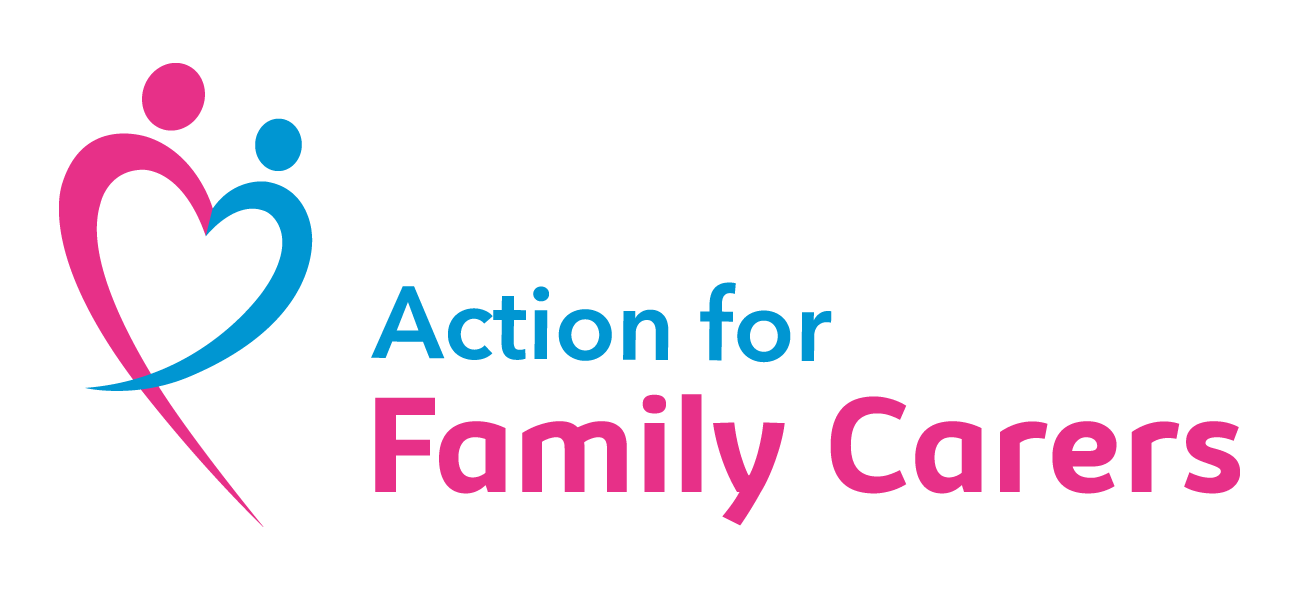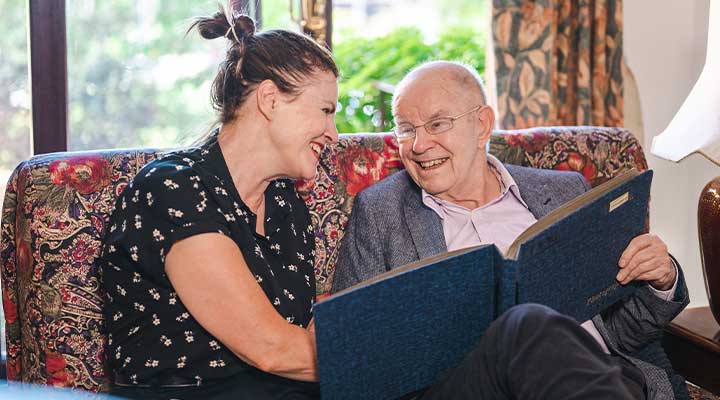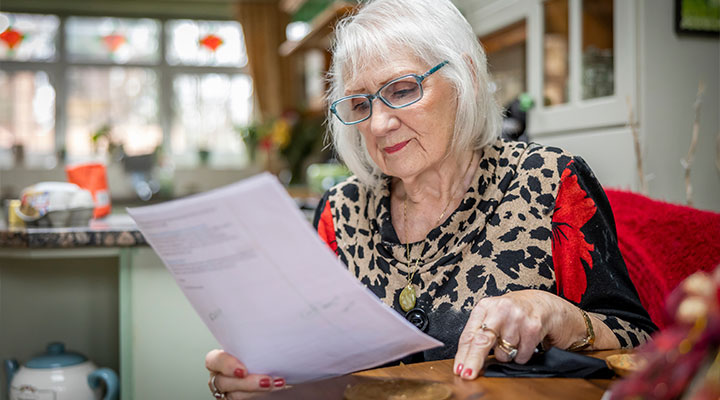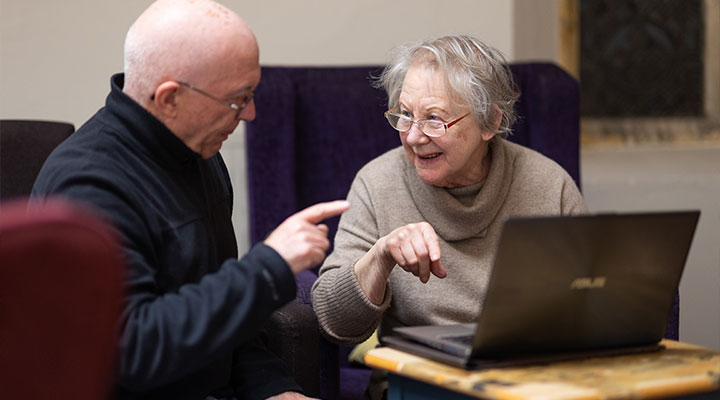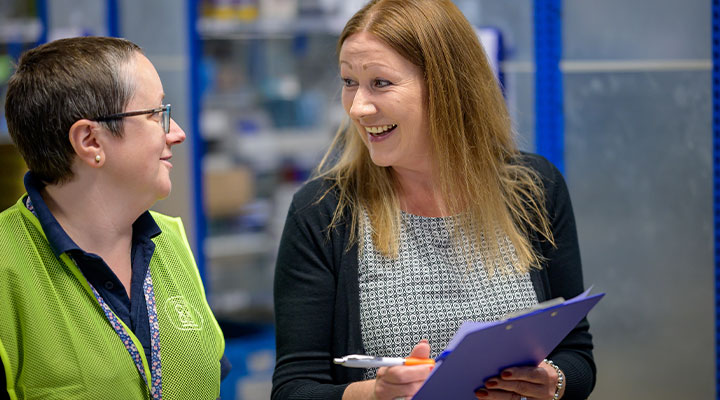Caring for somebody at the end of their life can be hard. It is important for both of you to understand the person’s wishes. You might want to consider advance care planning or preparing an Advance decision (“living will”).
Legislation
It can be an incredibly challenging and traumatic time if someone you are caring for is nearing the end of their life, particularly if they lose capacity to make decisions about their care. Through a process called advance care planning, anyone can record their preferences and wishes for their future care and treatment, which could include being cared for in a hospice or deciding they would prefer to be cared for at home. This is a voluntary statement and should be attached to a person’s medical notes so they are easily accessible to anyone involved in caring for that person. An advance care plan can include:
- Where they want to be cared for when they are nearing the
- Where they would like to
- Who they want to have with
- Routines that are important to
- Anything that helps them feel comfortable and
- Values such as religious
There is further information on the links below about advance care planning and other things to consider when caring for someone at the end of life:
CarersUK, End of life planning HospiceUK, Dying Matters
Advance Decision (ADRT or ‘living will’)
Anyone can record their wishes with the support of a clinician regarding the treatment they wish to or not wish to receive – this is called an Advance Decision, sometimes known as an Advance Decision to Refuse Treatment (ADRT) or living will. This lets a person’s family and health professionals know their wishes about refusing named treatments in specific circumstances if they are unable to make or communicate decisions themselves.
An advance decision is legally binding as long as it complies with the Mental Health Act and applies to the situation. There is further information and an online form on Compassion in Dying, Living will (advance decision).
Support for you
Your local hospice can offer a range of palliative care services, advice and support including counselling and bereavement support. Caring for someone towards the end of the life or someone who has a life limiting illness can prove particularly challenging and can have a huge impact on a carer’s mental and physical wellbeing so we would encourage you to access the support provided by your local hospice.
- Farleigh Hospice, Chelmsford: 01245457300
- St Luke’s Hospice, Basildon: 01268 524973 / Bereavement support – 0333 4002358
- St Clare Hospice, Hastingwood near Harlow: 01279 773730
- St Helena Hospice, Colchester: 01206 845566
- Fair Havens Hospice, Southend: 01702 220350
Marie Curie, Caring for someone dying at home is an invaluable source of support and information. You can call their support line for free and in confidence on 0800 090 2309 and also access an array of information on their website from knowing what to expect to looking after your own needs. The NHS, End of life care webpage is also a useful source of information.
